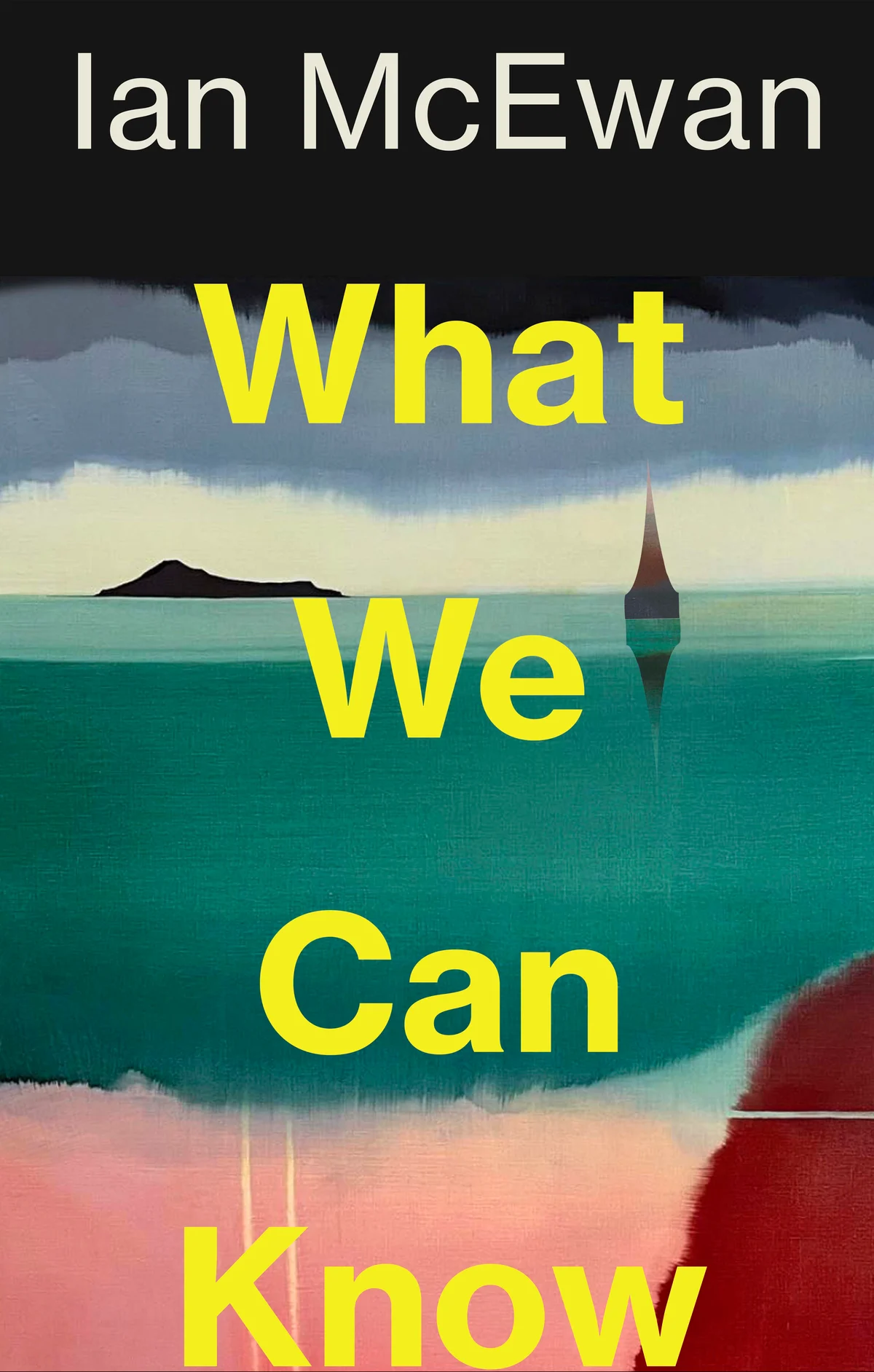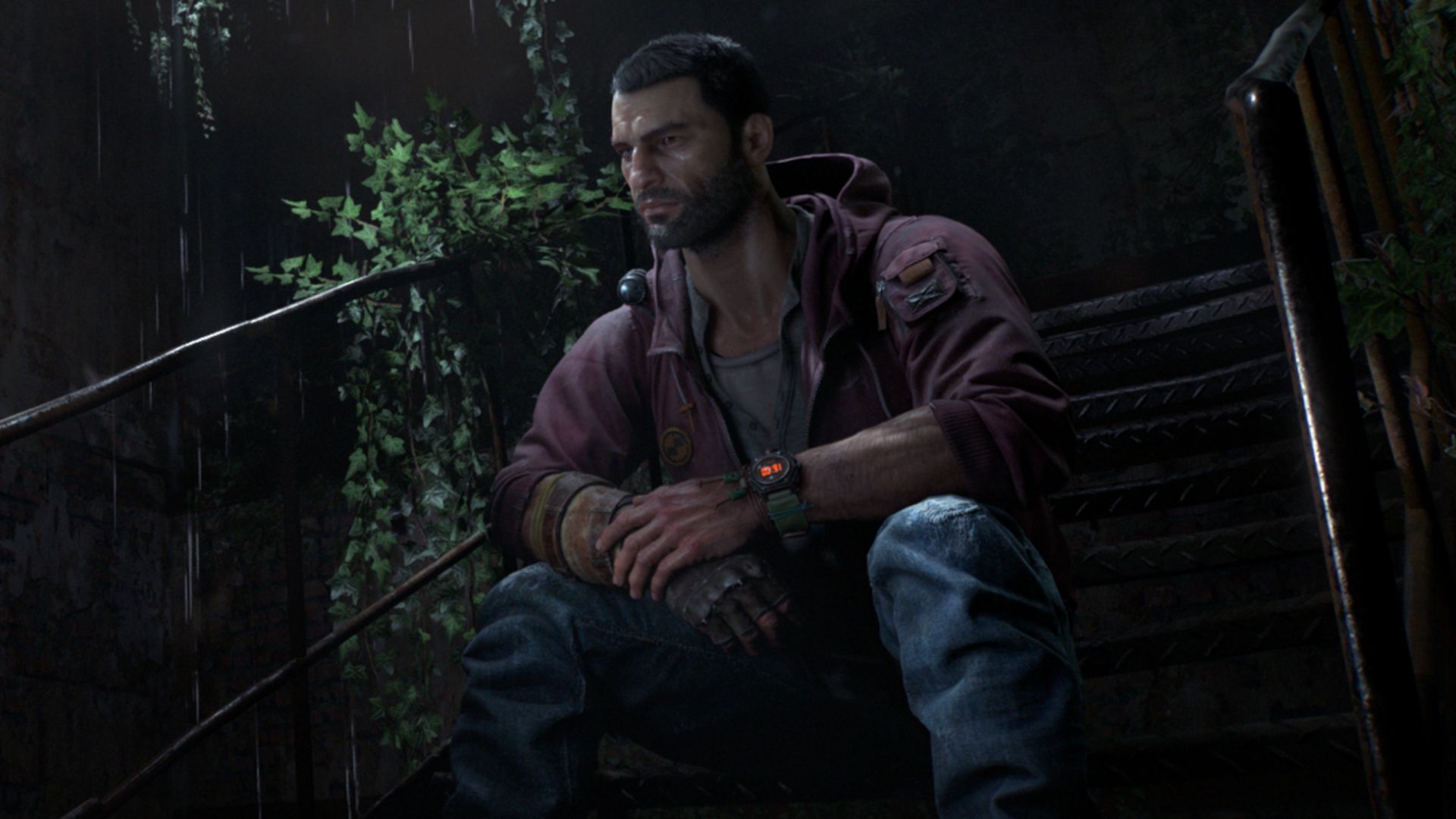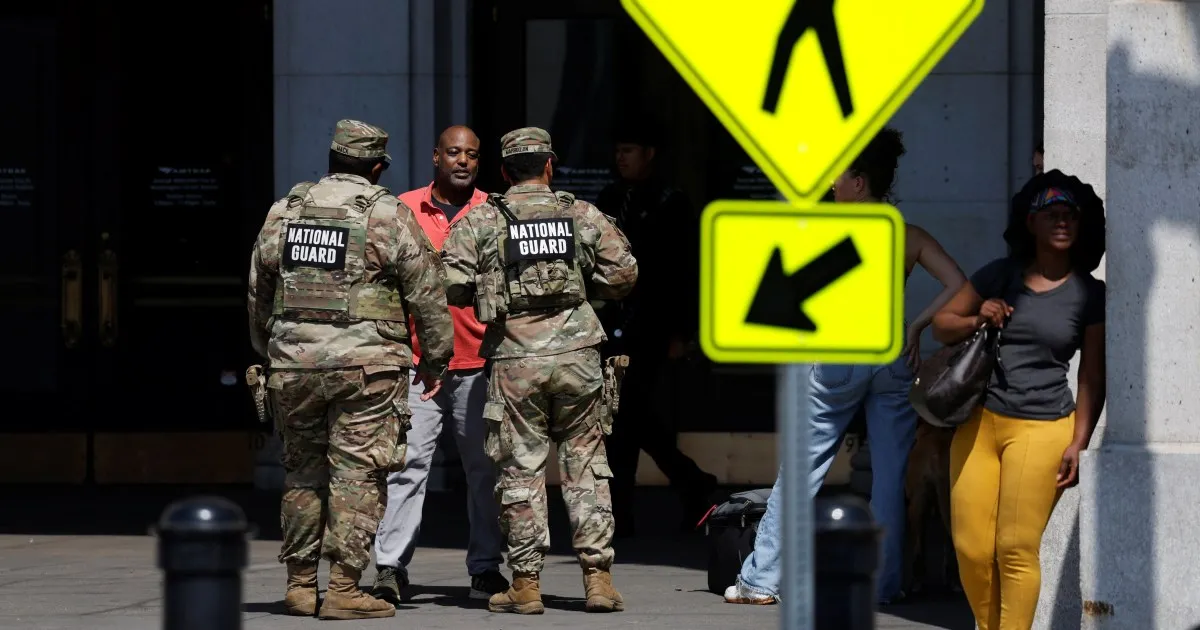By David Sexton
Copyright standard

Here’s an opener for you: “On 20 May 2119 I took the overnight ferry from Port Marlborough…” Ian McEwan describes his new novel as science fiction without the science. We’re in the 22nd century, nearly 100 years from now. The world is much altered, as a result of climate change, nuclear wars and massive tsunamis, the latter caused by the explosion of a Russian bomb in the middle of the Atlantic in 2042. Three-quarters of species have vanished.
Civil war rages in what’s left of America. Britain is now an archipelago of small islands, without industry or fossil fuels, its population halved and impoverished. People get about on wooden bikes and electric boats and eat miserable “protein cakes”. Life expectancy is down to 62. Yet civilisation continues, in a stultified, reduced form.
Our narrator, Tom, is a literary scholar at the University of the South Downs, specialising in the period 1990 to 2030 and in particular the work of a great poet of that era — Francis Blundy. Tom is obsessed with Blundy’s supposed masterpiece, A Corona for Vivien, a sequence of 15 linked sonnets. The poet presented the work to his wife in a unique manuscript on vellum after reading it out to guests at a legendary dinner for her 54th birthday, held at their spectacular home in the Cotswolds in October 2014.
The Corona has never been seen since but Tom believes it is his destiny to recover and publish this buried treasure.
The first half of What We Can Know — a title that speaks to the novel’s concerns with knowledge and subjectivity but is itself hopelessly vague and forgettable — interweaves Tom’s reverential recreation of that “Second Immortal Dinner” (so-called in homage to the famous one held for Keats, Lamb and Wordsworth in 1817) with the gradual disclosure of living conditions in 2119 and the disastrous history of the planet over the last century.
We also learn about his troubled marriage to a younger academic, Rose, which is not helped by his admission that he is in love with long-dead Vivien, to whom the poem he so longs to read was dedicated.
This section is dense and tangled, far from the suspenseful action sequences that McEwan does better than any of his literary contemporaries. Yet it repays close attention, for McEwan has gifted Tom with his own articulacy, that lucid, encompassing prose. The theme here, as McEwan explains on his website, is not so much the unknowable future as our present, the present as it might look to those yet to come. “As they look back at us, what will our descendants think, when they contemplate the diminished world we left them?”
The ambition is nothing less than “to let the past, present and future address each other across the barriers of time”, and, in his own fashion, McEwan actually pulls that off. While Tom marvels at the idiocies and excesses of the people of our era — “flying 2,000 miles for a one-week holiday” — he also envies their liberty and abandon, their defiance and achievements. “They also spelled out the human genome, invented the internet, made a start on AI and placed a beautiful golden telescope a million miles out in space.”
And then comes the McEwan switcheroo. Part two is another voice entirely, that of Vivien herself, writing in 2020 — more or less from our present. It’s a much more direct and pacy narrative, one that reveals dark secrets and undoes Tom’s doting inventions about Blundy, their marriage and the Corona itself.
So, in his 18th novel, McEwan once more first gives and then takes away the very story he is telling. What can we know? It is high craft. Sure, it’s absurdly literary, daftly invested in the power of poetry, blind to religion, loftily bourgeois and Oxford-orientated, all of that, once again, and hardly the voice of youth either — but a must-read nonetheless.
David Sexton was Literary Editor of the London Evening Standard from 1997 to 2020



